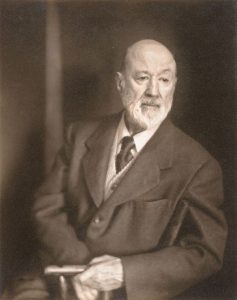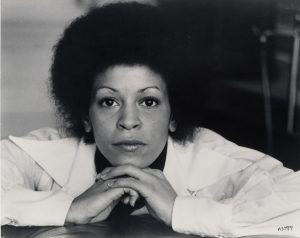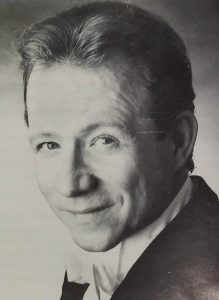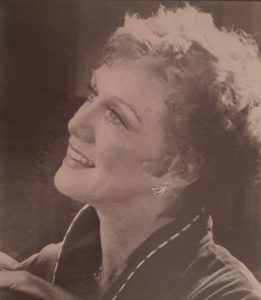Podcast: Play in new window | Download (Duration: 1:26:45 — 98.6MB) | Embed
Subscribe: Spotify | TuneIn | RSS | More
My friend Paul Kirby is a musical polymath: a tenor of excellence who performs throughout the world as both a soloist and as a valued member in small vocal ensembles; he is also a killer banjo player and bluegrass singer, and a member of the Norwegian group Stemmespesialisten that combines voice lessons, voice massage and coaching. In addition he has worked as a musical administrator and is a Timani teacher in training: an education that focuses on in-depth anatomical knowledge in order to enhance movement and playing for musicians. He has also been a valued and trusted friend of mine for the past twenty years, and was a major encouragement and support when I was putting Countemelody on its feet. For his favorite episode of the podcast, Paul has chosen the Fourth of July episode I posted in 2021. In this episode I bring you a gorgeous conglomeration of great baritones and bass-baritones performing songs by the emblematic American composer Charles Ives. In this episode we hear thirty of his songs which display a wide range of compositional, musical, and literary styles. Some of the greatest Ives interpreters are represented here, including Thomas Stewart, Samuel Ramey, Donald Gramm, Sanford Sylvan, Kurt Ollmann, Gerald Finley, William Sharp, and William Parker, accompanied by Alan Mandel, Dalton Baldwin, Alan Feinberg, Warren Jones, Steven Blier, Craig Rutenberg, and others. I finish the program with Jerry Hadley performing that most celebratory of Ives’s songs, “The Circus Band.” Since this episode was first posted I have gone on to produce full episodes on Donald Gramm, William Parker, and Jerry Hadley. Thanks, Paul, for your support, encouragement, and wonderful introduction to this episode that also does not shy away from the question of Ives’s alleged homophobia, but remains focused on the composer himself as well as the array of wonderful performers who celebrate Ives’s fascinating combination of old-fashioned Americana and revolutionary compositional techniques.
Countermelody is a podcast devoted to the glory and the power of the human voice raised in song. Singer and vocal aficionado Daniel Gundlach explores great singers of the past and present focusing in particular on those who are less well-remembered today than they should be. Daniel’s lifetime in music as a professional countertenor, pianist, vocal coach, voice teacher, and journalist yields an exciting array of anecdotes, impressions, and “inside stories.” At Countermelody’s core is the celebration of great singers of all stripes, their instruments, and the connection they make to the words they sing. By clicking on the following link (https://linktr.ee/CountermelodyPodcast) you can find the dedicated Countermelody website which contains additional content including artist photos and episode setlists. The link will also take you to Countermelody’s Patreon page, where you can pledge your monthly support at whatever level you can afford.




